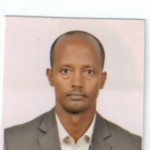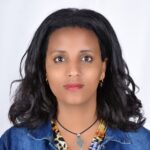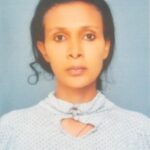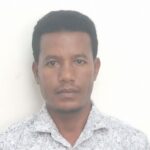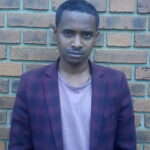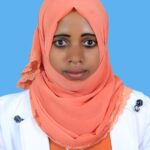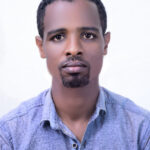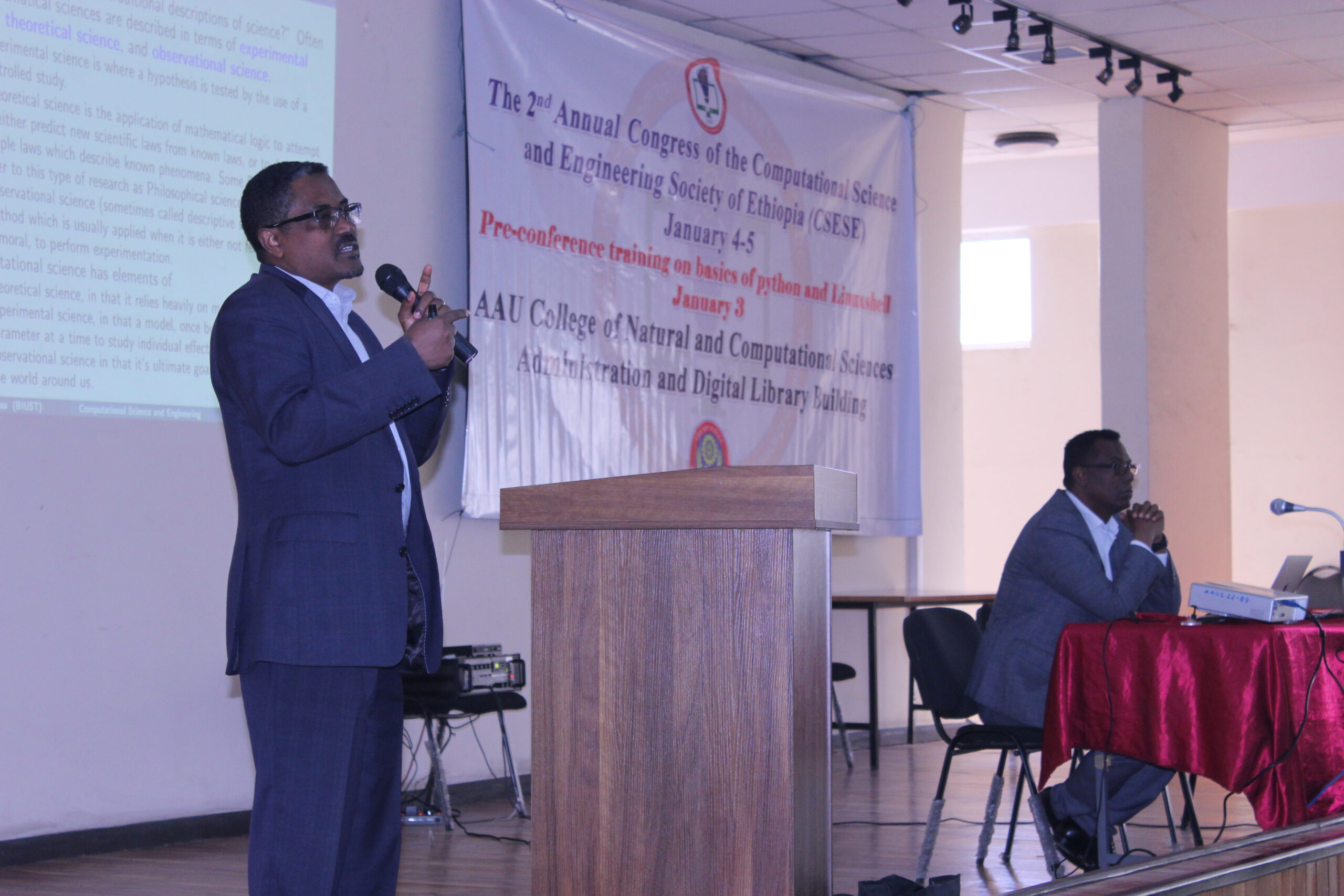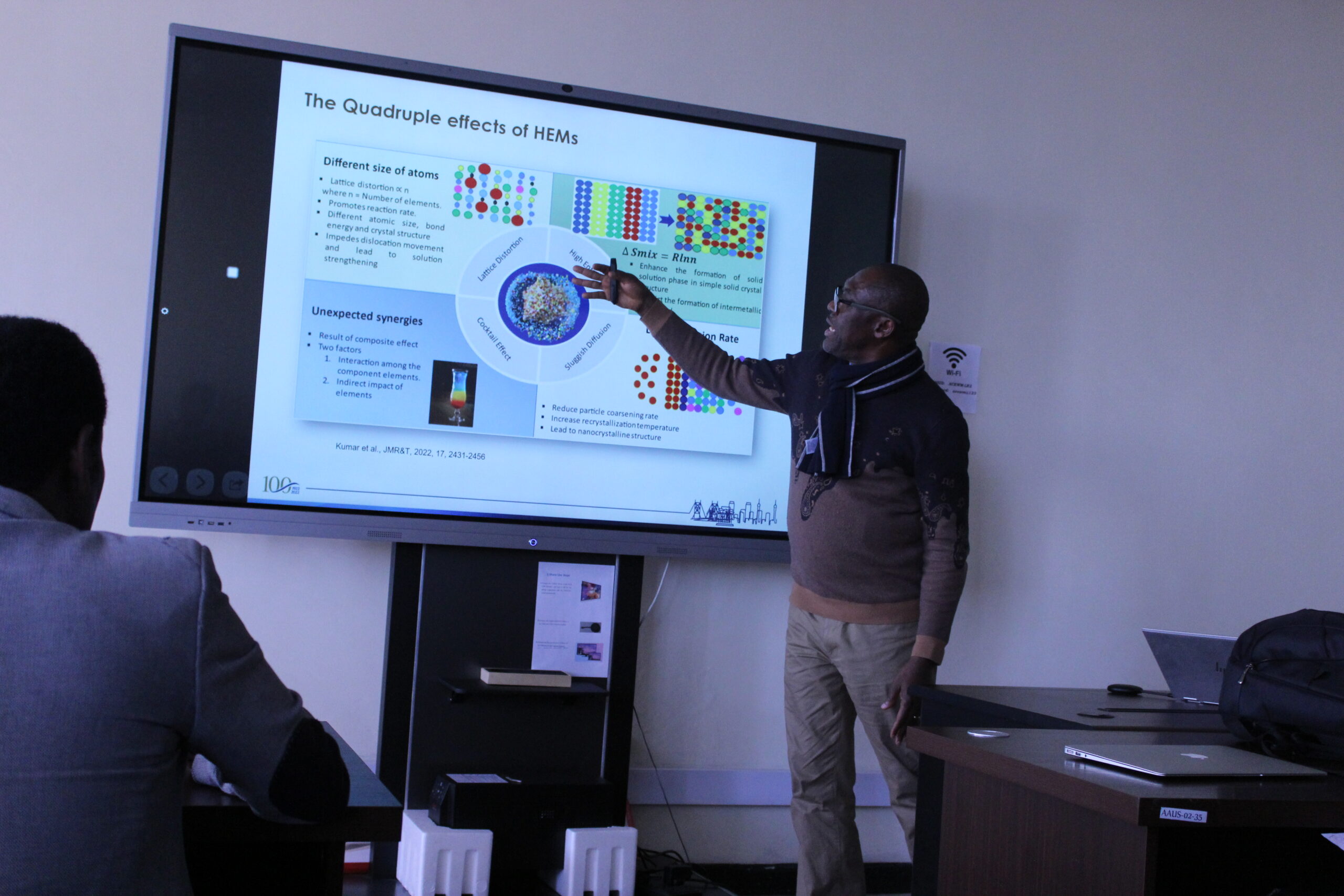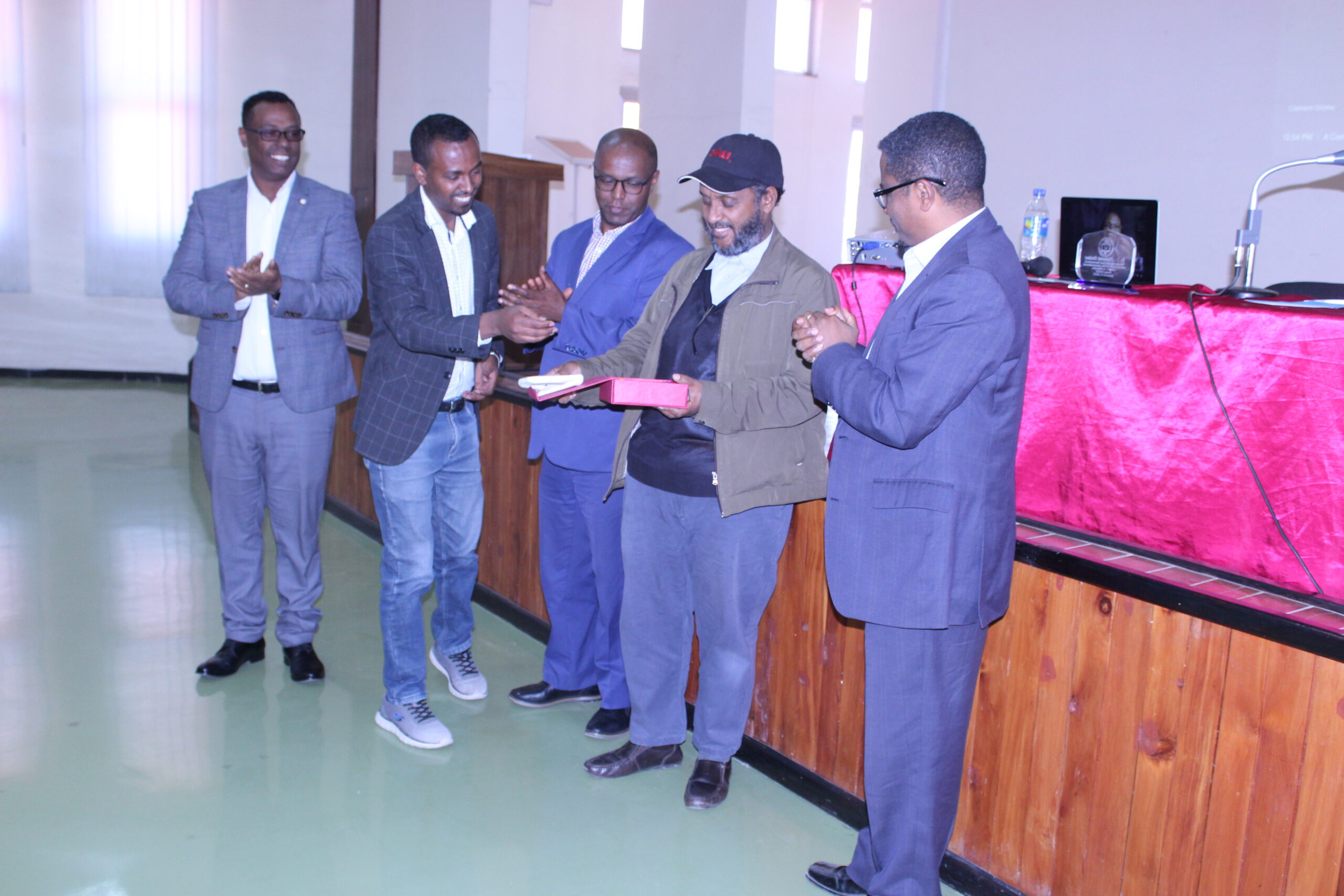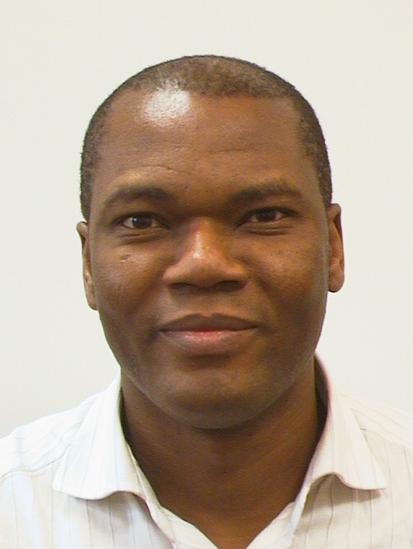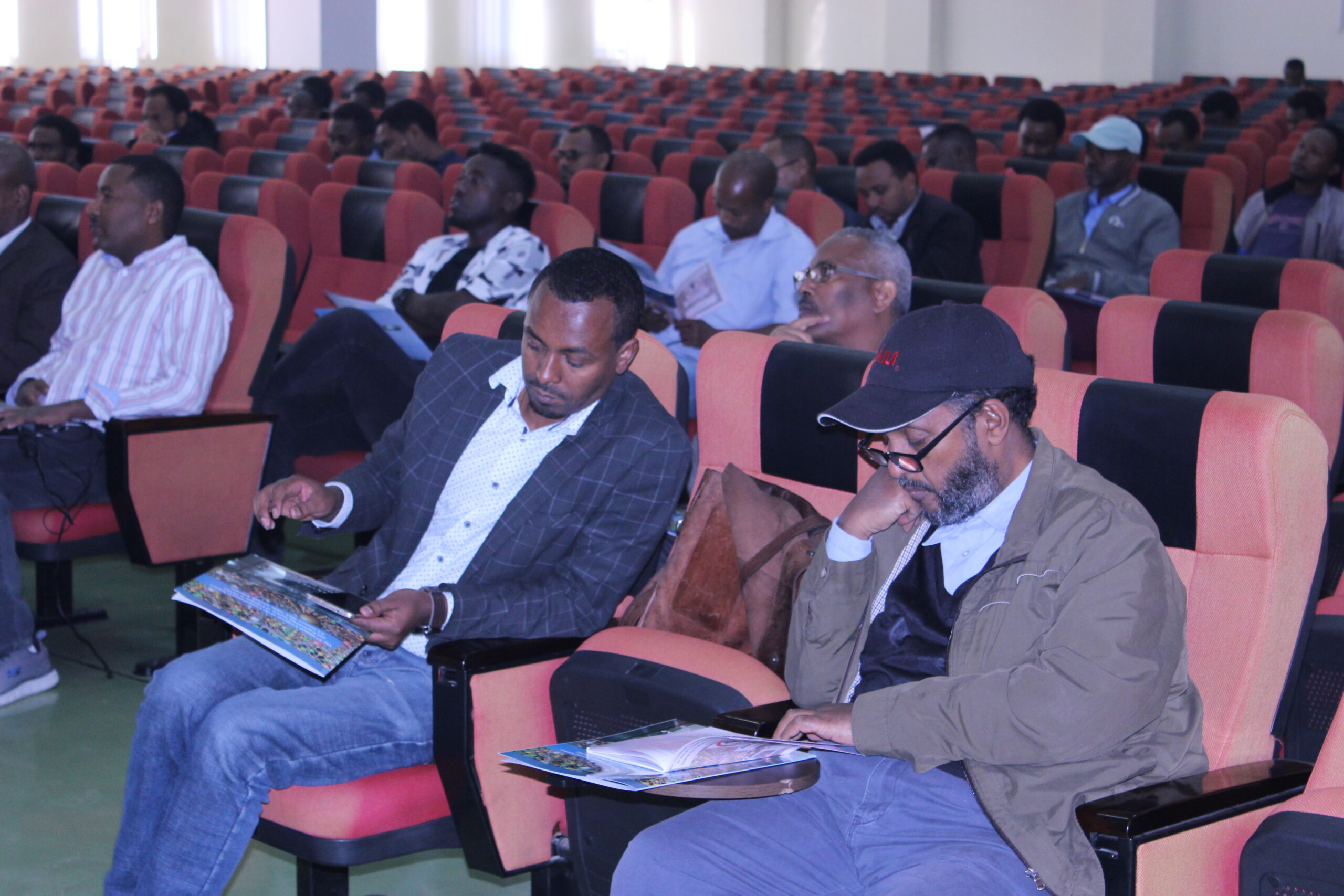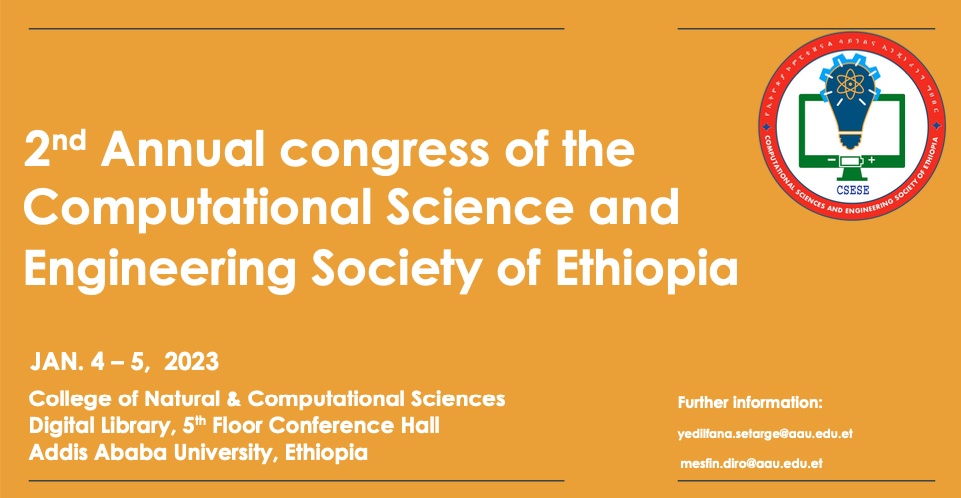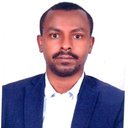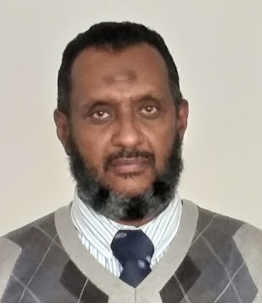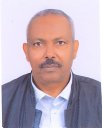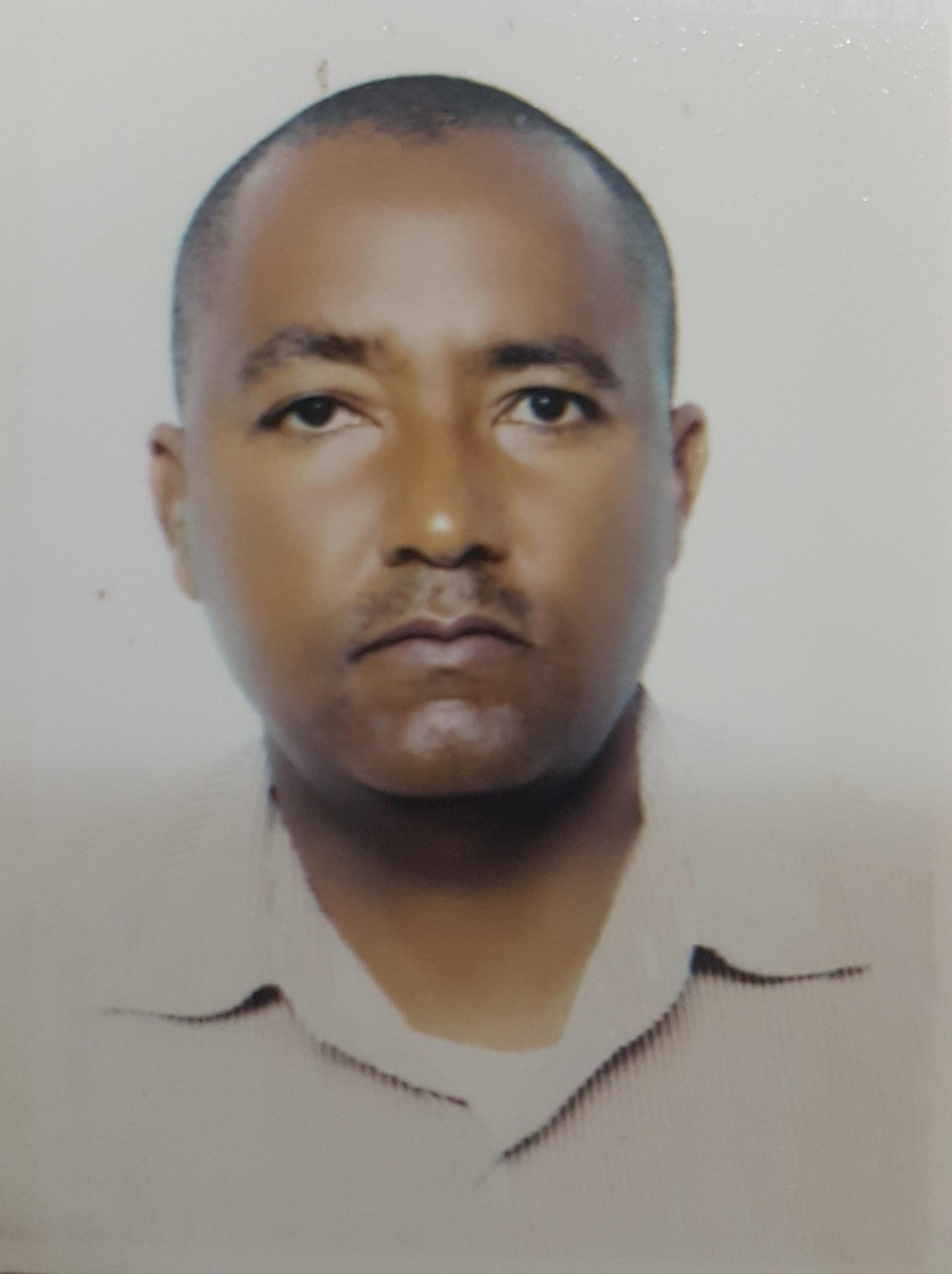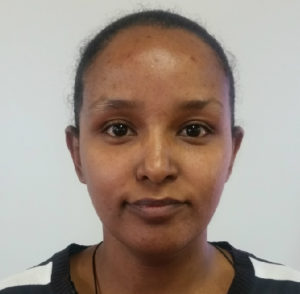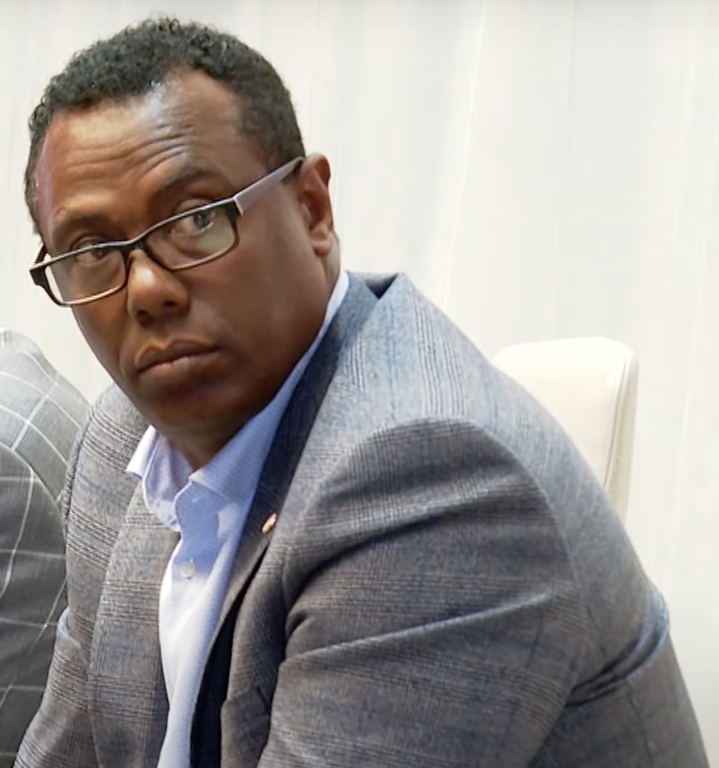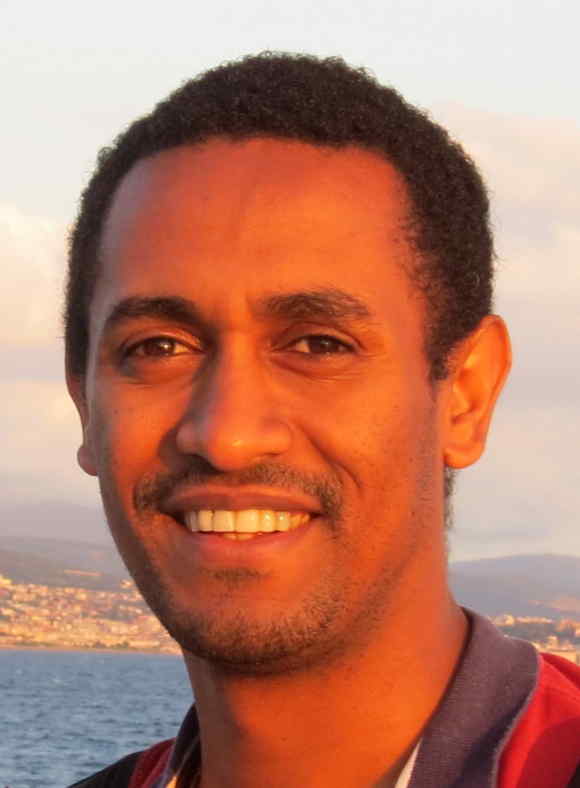CSESE Announces the 2023 Winners of the Facility and Sustainable Training (FaST) Award!
The Computational Science and Engineering Society of Ethiopia (CSESE) is pleased to announce the winners of the Facility and Sustainable Training (FaST) Award for the year 2023. This decision was made by the CSESE FaST Award Review AMembers. This prestigious award aims to support researchers facing limited access to computational facilities and training specific to their project.
The CSESE continues to empower and uplift deserving graduate students and researchers, equipping them with the necessary tools and resources to excel in their research endeavors. This initiative highlights CSESE's dedication to fostering a conducive environment for research excellence and bridging the gap in
computational resources for aspiring young scholars joining in the field.
Congratulations to all winners of the CSESE 2023 FaST Award! from June 1, 2023, until June 1, 2024.
